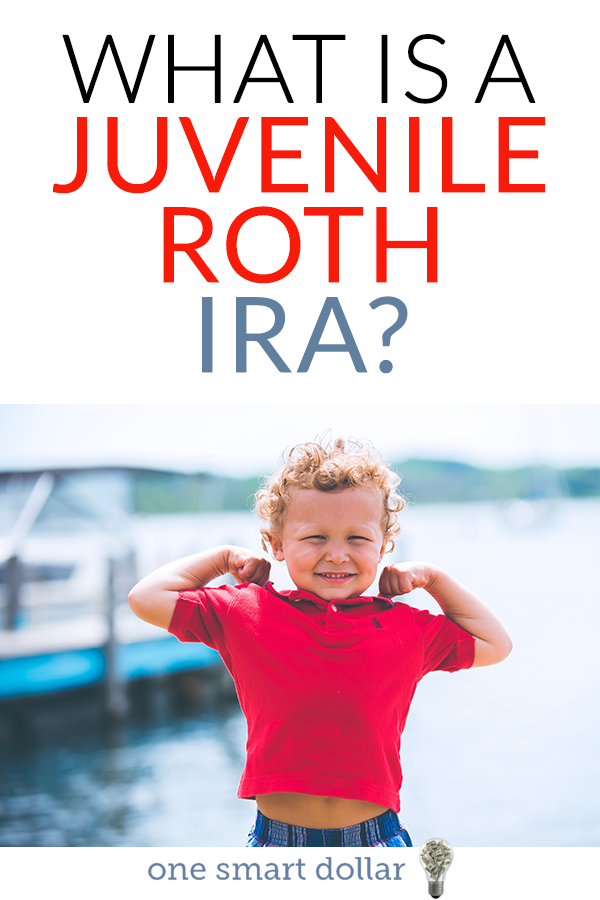
Saving money is important, we all know that without an emergency fund we could be ruined financially and that putting aside for retirement is a necessity. We also understand that the earlier we start saving, the less we have to set aside and the more we will have when it comes time to retire. But for some reason or another, most people do not start saving until they are into their twenties. If you are a teenager, or a parent with teenagers, you can get started saving much earlier and be more financially fit than the majority of your peers. Here are some considerations when opening a juvenile IRA.
What You Should Do
Start early. As soon as the child is earning money you (or rather the child) can start investing. The important thing here is that it has to be earned income. This is not an allowance that you give him or her, but rather money that they make. It doesn’t matter where the money comes from, it can be mowing lawns, a paper route, or anything, but it has to be earned.
Also Read: Can You Borrow Money From a Roth IRA
Keep accurate records. While most young teens are not going to be worrying about paying taxes on their odd jobs, they will need to do so if investing the money. Every time money comes in have them write down the date, who paid them, how much, and for what job. Keep this information handy so when tax time comes they can file a return (don’t worry, they will likely fall into the 10% tax bracket and when applying the standard deduction that will be reduced to basically 0%).
Encourage savings. Provide your child with incentives to save. For instance if he or she saves $100, take them out to eat. The key is to show that even though they are saving, they are getting something in return.
What You Shouldn’t Do
Save for them. While matching their savings might be a great way to help them learn, don’t do it all for them. In order to make these savings theirs, they need to have an active role.
Cheat. The IRS will know if your son claims he made $2,000, but contributes $4,000 to his IRA. It is easier in the long run to just play by the rules.
Time the market. Since there are many more years to let this money grow you may be tempted to play around a bit. Avoid this temptation and know that buy and hold works the best and causes the fewest headaches.
Withdraw the money. Even when your child is 18 and has access, don’t let them know they can withdraw anything. Tell them it is a retirement account, and they can’t access the money until then. Eventually they will learn that there are provisions to taking the money out, but hopefully this will be long after they have matured and are not tempted to spend frivolously.
How It Works
We understand the importance of saving, but one thing that still escapes people is the time value of invested money. Here is how it will work out if your child starts saving at an early age.
Suppose your child starts at age 12 and invests $100 per month for 10 years. When he or she retires (age 60) that account will be worth $248,000, assuming that no other additions were made and a 7% rate of return.
If your child started at age 22 and invested $100 per month for 10 years, he or she would have $123,000 assuming the same variables.
While $248,000 does not sound like a lot, that is assuming the child never invests again. Continuing that scant $100 per month until retirement would bring their account value up to $476,000. If you provided a matching contribution (which they eventually take over), they would be pushing $1 million at age 60. Assume 8% interest and you increase that final number by $400,000.
Wrapping it Up
There are a lot of numbers thrown at you. The point is that starting early will land an individual in a better situation than waiting. If you have children, or you are reading this as a teenager, look into a Roth IRA for minors. The worst that could happen is that your child will get a jump start on his or her retirement savings.

